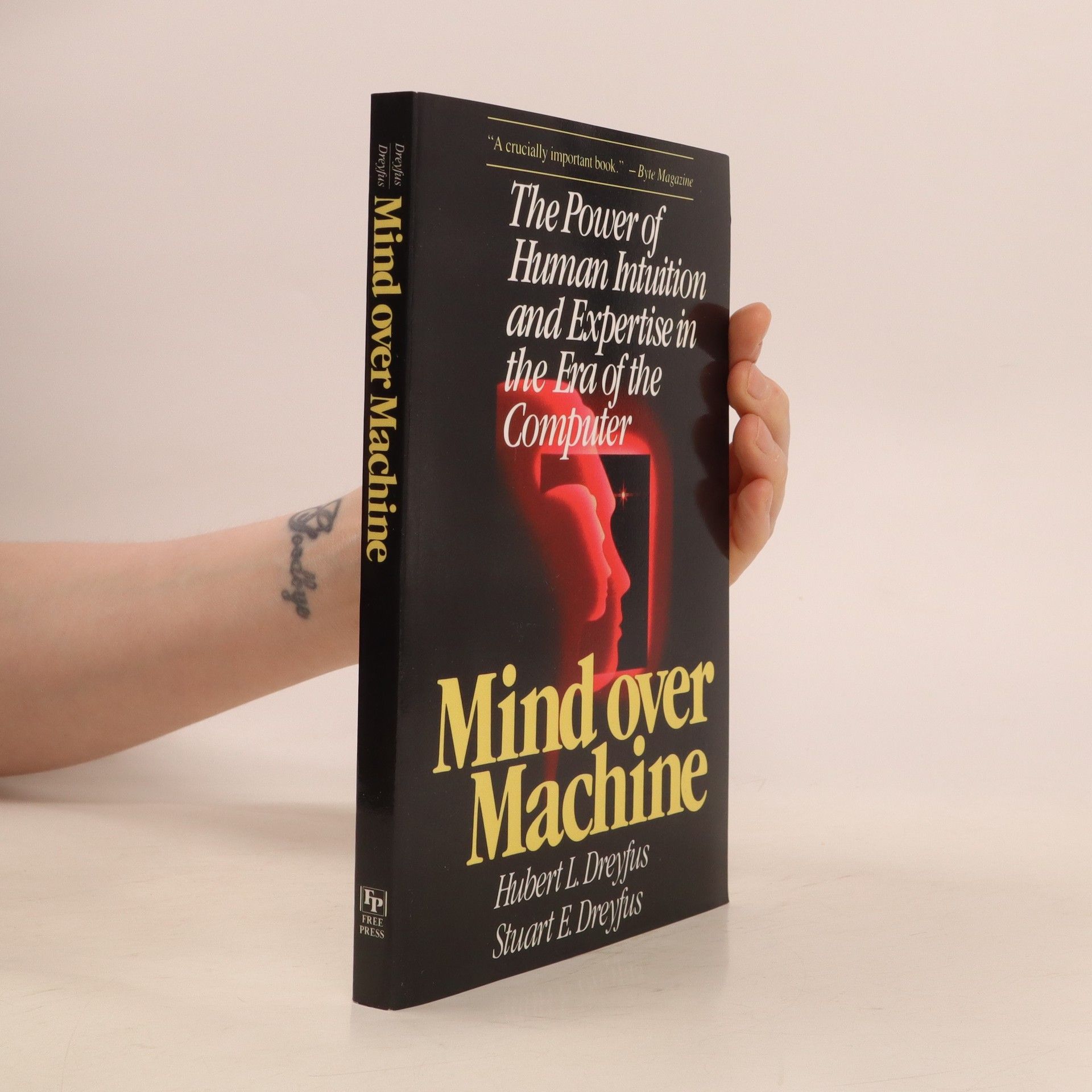Dynamic Programming
- 366bladzijden
- 13 uur lezen
An introduction to the mathematical theory of multistage decision processes, this text takes a "functional equation" approach to the discovery of optimum policies. Written by a leading developer of such policies, it presents a series of methods, uniqueness and existence theorems, and examples for solving the relevant equations. The text examines existence and uniqueness theorems, the optimal inventory equation, bottleneck problems in multistage production processes, a new formalism in the calculus of variation, strategies behind multistage games, and Markovian decision processes. Each chapter concludes with a problem set that Eric V. Denardo of Yale University, in his informative new introduction, calls "a rich lode of applications and research topics." 1957 edition. 37 figures.

